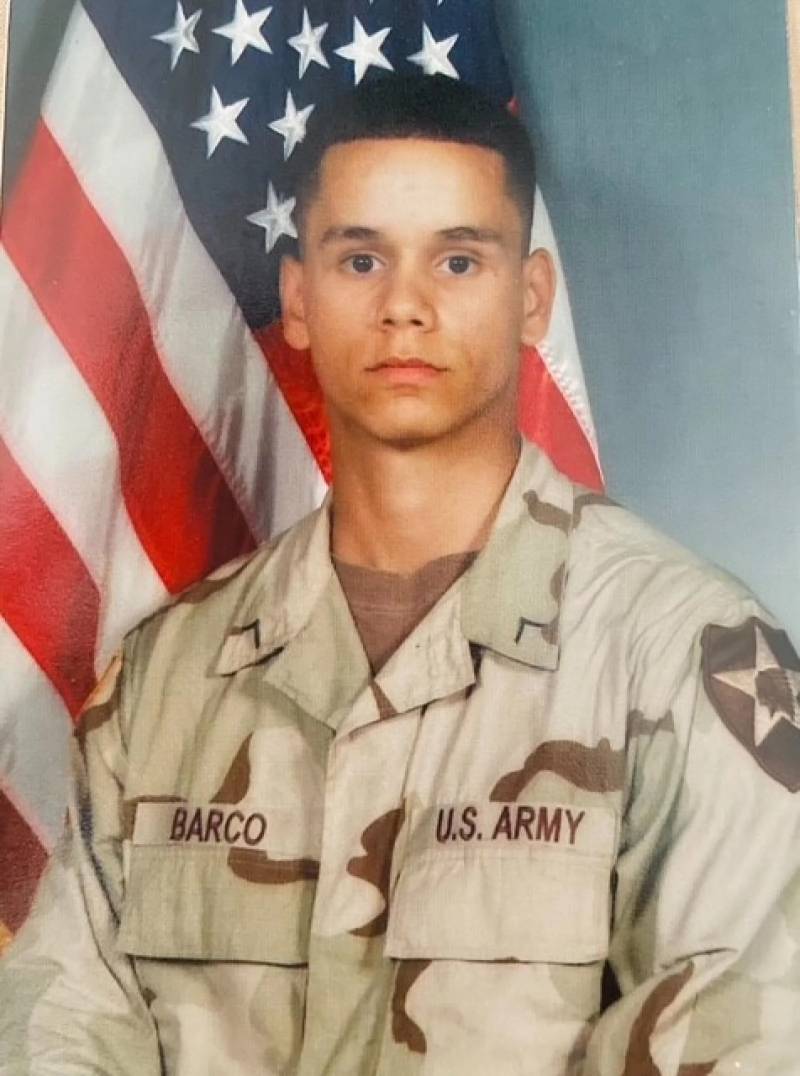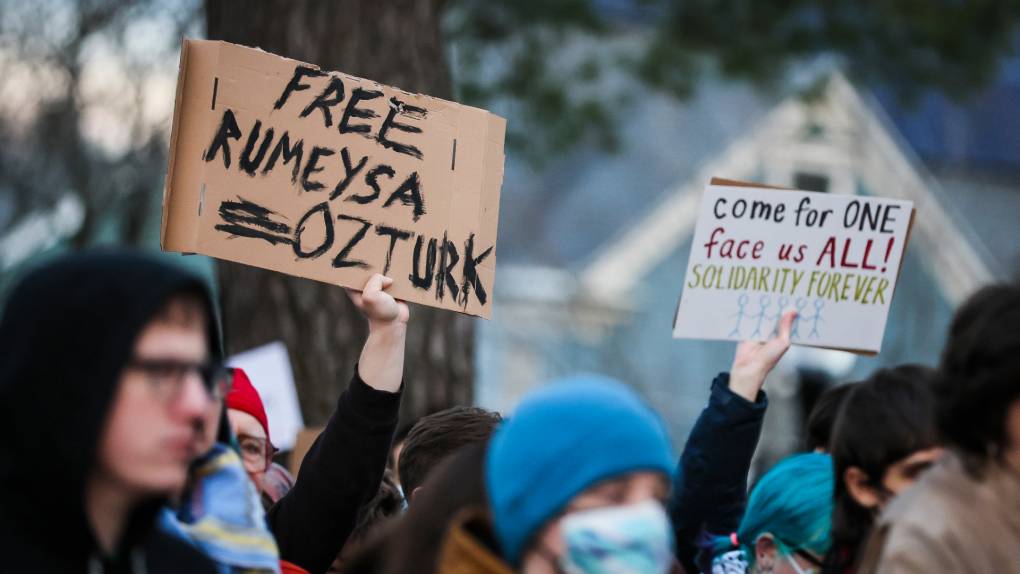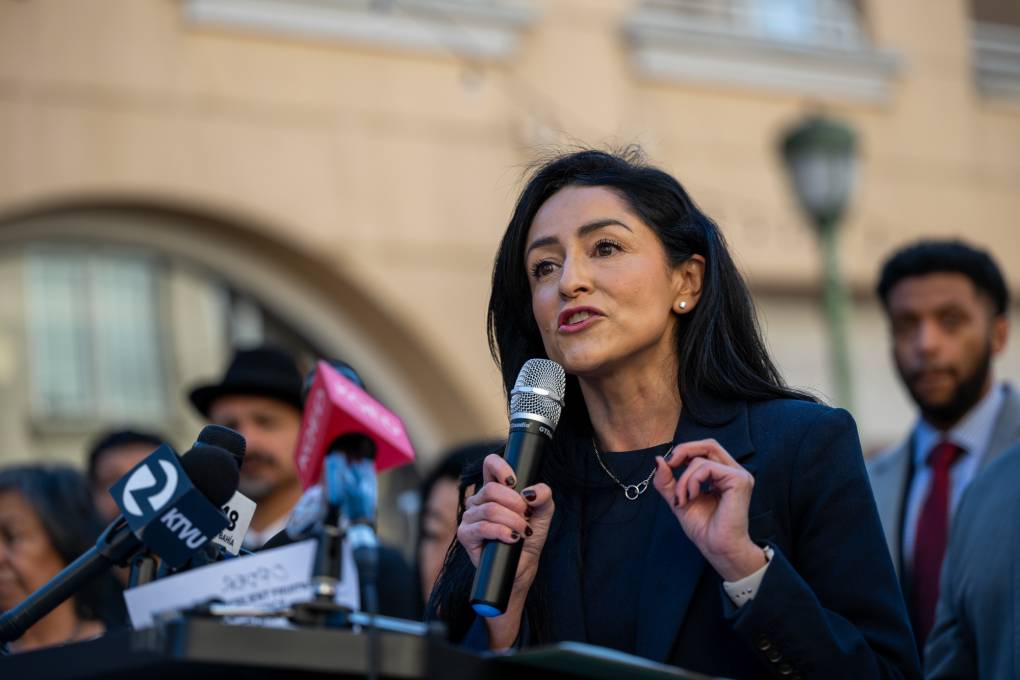What happened next with Barco, Xenakis said, was “not surprising at all.” His mental health problems turned into criminal behavior.
In April, 2008, Barco was driving past a house party in Colorado Springs, where he had earlier that night been kicked out for firing a bullet into a basement ceiling.
Barco pulled out a handgun and shot into a crowd of teenagers standing on a porch. A bullet struck 19-year-old Ginny Clemens, who was pregnant. It left her with a serious leg injury. Clemens declined to speak with NPR through a relative. Barco has said he has no memory of what happened.
Barco was eventually charged with two counts of attempted first-degree murder and one count of menacing. Fourth Judicial District Judge Larry Schwartz sentenced him to 52 years, calling the crime “stunning in its lack of compassion. It brings considerable dishonor upon the uniform you wore,” according to a story in the Colorado Springs Gazette.
Barco ended up spending 15 years in prison, where he was a model prisoner, teaching English and math. And for good behavior, his sentence was reduced. A parole board released him on his first hearing. He walked out of prison on Jan. 21, 2025, one day after President Trump was inaugurated where he vowed to crack down on crime and illegal immigration.
Barco planned on heading to a family reunion in Florida. Instead he saw agents from Immigration and Customs Enforcement (ICE) waiting for him. He was hustled into a van.
“I was shocked. I told my case manager, ‘This is a joke, right? I’m a retired veteran,'” Barco told the Gazette.
Ryan Krebbs, the former Army medic, and Barco’s wife, Tia, said they hired a private lawyer and paid $400 for a consultation, then found a pro bono lawyer in Colorado to help with his case. But when Barco was transferred to Texas they searched in vain for another pro bono immigration lawyer. The ones they contacted were too busy.
They reached out to the American Civil Liberties Union but were told the ACLU does not take individual immigration cases.
Barco was ordered to be deported to Venezuela by Assistant Chief Immigration Judge Mathew Kaufman in February at Aurora, Colo. Barco said he was not interested in appealing, even though the judge asked, “Are you sure?” Barco later told his brother he was “disillusioned and tired. Send me to a country that will accept me, since my country doesn’t,” according to the Gazette.
“Jose’s spirit’s just broken,” said Krebbs, the medic. “They defeated him for sure.”
Krebbs and the other supporters tell NPR they won’t give up. They hope he can maybe get to Mexico where he can get access to better health care and a better life. They are also hoping that Democratic Colorado Gov. Jared Polis will pardon him, opening Barco up again to possible American citizenship. NPR reached out to Polis’ office, which did not comment before publication.
“He’s an American and that’s how he sees himself,” Krebbs said. “He’s a disabled combat veteran who saved people that day. In my eyes he’s an American hero.”
Krebbs can understand how some, including Ginny Clemens and her family, could find no sympathy for Barco. “What he did was awful. He knows what he did was wrong. He served his time and should be allowed another chance,” Krebbs said.
Hutchinson, the Army officer, said in his February memo to immigration authorities that Barco’s “peculiar legal residence status puts him at extreme risk of personal harm if he is extradited.”
In an interview with NPR, Hutchinson said, “If you cherry pick the facts of his story we could call him a hero or a villain.”
Still, he called Barco an “upstanding person,” who did his time, adding his story is “a symbol of how the prison system is supposed to work.”
“It boggles the mind. How you can pin a Purple Heart on someone and not give them citizenship,” said Danitza James with the League of United Latin American Citizens. The organization is tracking some 400 veterans who have been deported or are in that process, going back to the early 1990s.
James is a two-tour combat veteran who served as a gunner on convoys in Iraq. She held a green card at the time, and twice had her citizenship ceremony cancelled because the Army ordered her to redeploy. When she left the military she was still not a citizen, James says, and she was later naturalized when she married another soldier.
“ I left the military with an expired green card,” says James.
James says LULAC is urging politicians in Texas and Colorado to intervene and let Barco be moved to a VA hospital for medical evaluation.
Tia Barco, who is American, said ICE agents earlier this week asked her husband about his citizenship application from 2006.
“But he didn’t ask why they were inquiring,” she said.
NPR reached out to ICE for comment, but they didn’t respond.



